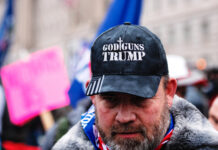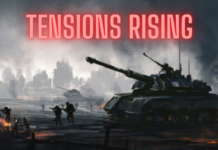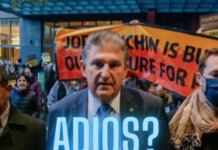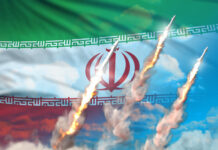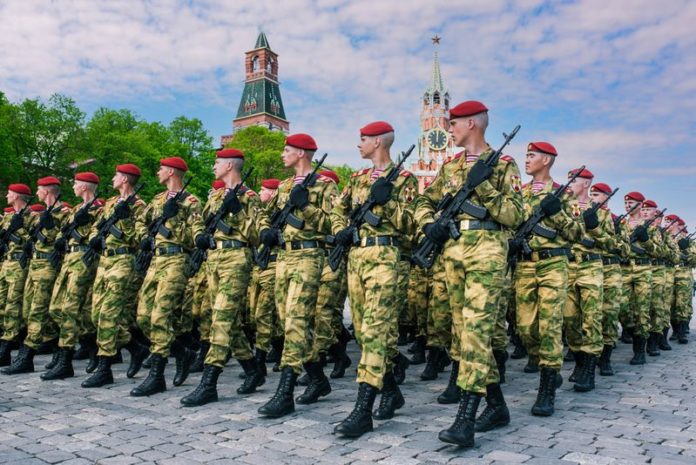
On Thursday, a top Russian official refused to rule out the possibility of sending troops to Cuba and Venezuela, if hostilities with the US worsened.
According to Deputy Foreign Minister Sergei Ryabkov, Russia may send military forces to Latin America if the US and its allies do not reduce their military activity near Russia.
Issues with NATO
The minister added in a talk with Russian television network RTVI if the US and its allies do not respect Moscow’s requests, Moscow may take undefined military-technical actions.
Russia warns it will sever ties with the US if it sanctions Putin over Ukraine crisis. Seems to have gotten their attention now. The more they protest the more we know we’re on the right path. https://t.co/UWgkAdZpwk
— Bill Browder (@Billbrowder) January 13, 2022
Jake Sullivan dismissed public speculation about Russian forces in Cuba and Venezuela as bravado.
On Monday, Ryabkov headed a Russian delegation to Washington. They were convened to a significant Russian force deployment near Ukraine, which the West worries is a precursor to an incursion.
Russia, which occupied Ukraine’s Crimea Peninsula in 2014, denies attacking its neighbor. The Kremlin responded angrily, accusing NATO of endangering its borders and demanding Ukraine and other ex-Soviet states never join.
The proposal was rejected by the US and its allies this week. Still, NATO and Russian representatives agreed to keep the door open for future negotiations on armaments limits and other issues to reduce the risk of war.
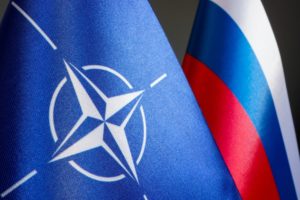
In December 2018, Russia sent two nuclear-capable Tu-160 bombers to Venezuela to support President Nicolas Maduro against Western pressure.
He said the US and its allies’ failure to address a significant Russian demand for safeguards against the alliance’s expansion into Ukraine and other ex-Soviet republics hinders talks on confidence-building measures.
The US’ Assessment
About 100,000 Russian soldiers with tanks and other heavy artillery are massed close to Ukraine’s eastern border.
To prepare for an invasion, Moscow may fabricate reports that Kyiv is planning to act against Russia, Sullivan said on Thursday.
👀National Security Adviser Jake Sullivan says the admin will be sharing with press "in the next 24 hours" what US officials have seen Russia doing in terms of disinfo to create a pretext to invade Ukraine
— Natasha Bertrand (@NatashaBertrand) January 13, 2022
In the coming days, the US will publicly disclose some of the purposes for that assessment.
Meanwhile, Kremlin spokesperson Dmitry Peskov rejected Western demands for a troop withdrawal from Ukraine ahead of the meeting. He says NATO can’t tell them where to relocate their troops on Russian soil.
Ukraine-related tensions and Russian pressures on the West came up again during an OSCE summit in Vienna on Thursday.
The OSCE chairman-in-office, Polish Foreign Minister Zbigniew Rau, stated in his inaugural statement that the risk of conflict in the OSCE territory has increased over the previous 30 years.
After overthrowing Ukraine’s Moscow-friendly government, Russia annexed the Crimean Peninsula. Russia then made it a point to back a separatist rebellion in eastern Ukraine in 2014.
Between Russia-backed separatists and the Ukrainian military, more than 14,000 people have lost their lives.
Concerned about imminent conflict, UN Secretary-General Antonio Guterres said the conversation must find a way to de-escalate tensions in order to prevent any form of calamity for Europe and the globe.

